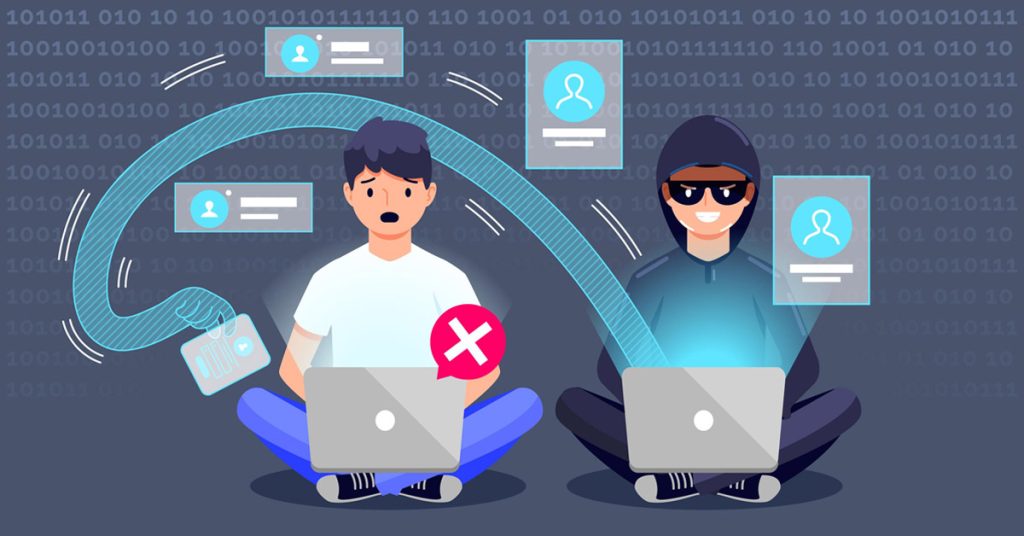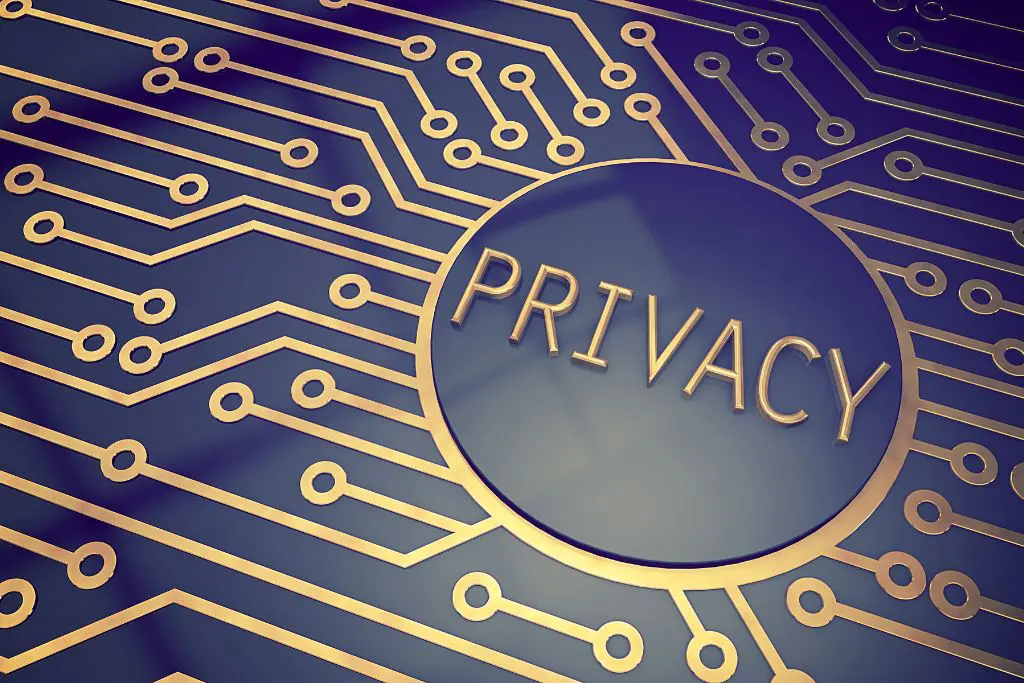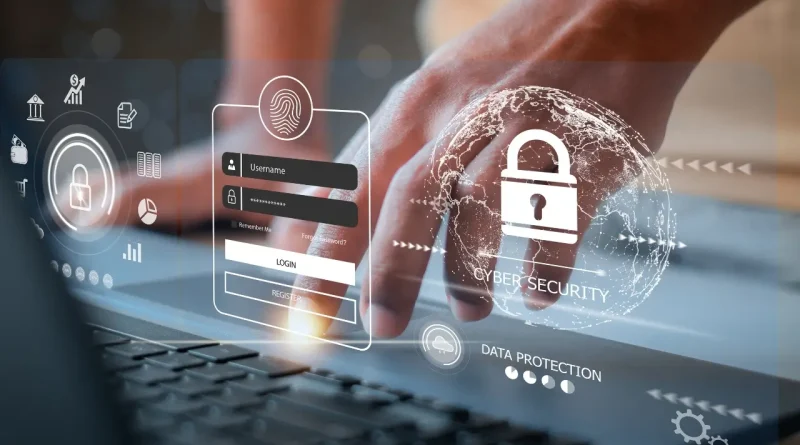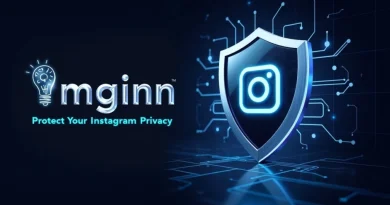Digital Privacy vs. Cyber Security: What’s the Difference?
In today’s interconnected world, almost every aspect of our lives is tied to the digital realm. From social media to banking, healthcare records to online shopping, the internet has transformed how we live, work, and communicate. But as our reliance on technology grows, so does our need for protection. Two terms often come up in this context digital privacy and cyber security. While they are related, they’re not the same thing. Many people confuse them, but understanding the distinction is critical for both individuals and organizations navigating the digital era.This article dives deep into the differences, overlaps, and importance of digital privacy and cyber security, helping you gain a clearer picture of how both concepts impact your daily digital life.
What Is Digital Privacy?
Digital privacy refers to the protection of personal data and ensuring individuals have control over who accesses, collects, shares, or uses their information online. It’s about safeguarding the rights and freedoms of people in the digital space.
Examples of digital privacy concerns include:
-
Who has access to your browsing history?
-
Are your online purchases being tracked and used for targeted advertising?
-
Do apps request unnecessary permissions to access your contacts, microphone, or location?
-
Are your private conversations truly private?
Digital privacy empowers individuals to make informed choices about their digital footprint. It focuses on consent, transparency, and the ethical use of data. Think of it as your right to keep personal information private in a world that thrives on data.
What Is Cyber Security?
Cyber security, on the other hand, is the practice of protecting systems, networks, and digital infrastructure from malicious attacks, theft, or damage. It’s not just about personal information—it covers everything from corporate servers to government databases.
Key areas of cyber security include:
-
Network Security – Protecting internal networks from intruders.
-
Application Security – Ensuring apps are free from vulnerabilities.
-
Cloud Security – Securing data stored online.
-
Endpoint Security – Protecting devices like laptops, smartphones, and tablets.
-
Incident Response – Preparing for and recovering from cyberattacks.
If digital privacy is about rights and personal choice, cyber security is about protection and defense.
The Key Difference Between Digital Privacy and Cyber Security
The core difference lies in focus and scope:
-
Digital Privacy deals with what data is collected, who uses it, and how it’s shared. It’s people-centric, focusing on individual rights and consent.
-
Cyber Security deals with how data and systems are protected from external threats. It’s system-centric, focusing on defense against hackers, malware, and breaches.
In simple terms:
-
Privacy is about control of data.
-
Security is about protection of data.
Why Both Matter in Today’s World
Both concepts are essential, and neither works without the other. For example:
-
A company may have strong cyber security but weak privacy policies, meaning your data is safe from hackers but is still shared or sold without your knowledge.
-
On the other hand, strong privacy policies are meaningless if the systems storing your data aren’t secure, leaving it vulnerable to breaches.
For individuals, this means both your rights and safety must be protected online. For businesses, it’s about trust and resilience—customers won’t stay loyal if they feel their data isn’t respected or secured.
Examples in Real Life
-
Social Media Platforms
-
Privacy issue: Apps tracking user behavior and selling data to advertisers.
-
Security issue: Hackers gaining access to millions of accounts through a breach.
-
-
Online Banking
-
Privacy issue: Banks analyzing your spending habits for targeted promotions.
-
Security issue: Cybercriminals launching phishing attacks to steal login credentials.
-
-
Healthcare Systems
-
Privacy issue: Unauthorized sharing of sensitive patient information.
-
Security issue: Ransomware attacks locking hospitals out of their data.
-
How You Can Protect Your Digital Privacy
-
Limit the amount of personal information you share online.
-
Review app permissions before granting access.
-
Use privacy-focused browsers and search engines.
-
Regularly clear cookies and browsing history.
-
Be cautious with social media oversharing.
How You Can Improve Your Cyber Security
-
Use strong, unique passwords and enable multi-factor authentication.
-
Keep your software and devices updated.
-
Install reputable antivirus and firewall protection.
-
Avoid clicking on suspicious links or attachments.
-
Back up important files regularly.

The Overlap Between Privacy and Security
Though different, digital privacy and cyber security overlap in many ways. A data breach, for example, is both a security and privacy issue. When hackers steal sensitive data, the security system has failed, and individuals’ privacy has been violated.
Thus, organizations and individuals need a balanced approach that respects both privacy rights and security measures. Governments and businesses must comply with regulations like the General Data Protection Regulation (GDPR) or California Consumer Privacy Act (CCPA) to ensure both areas are covered.
The Future of Digital Privacy and Cyber Security
As technology evolves—artificial intelligence, Internet of Things (IoT), blockchain, and cloud computing—the lines between digital privacy and cyber security are becoming more complex. Emerging challenges include:
-
Smart home devices listening to conversations.
-
AI algorithms making decisions with personal data.
-
Deepfake technology blurring truth and misinformation.
This means both privacy and security will continue to be critical priorities. Individuals must stay educated, businesses must adopt ethical practices, and governments must enforce regulations.

Conclusion
Digital privacy and cyber security are two sides of the same coin. While cyber security ensures that systems and data are safe from attacks, digital privacy ensures that personal data is handled with respect, transparency, and consent. Understanding the difference empowers individuals to safeguard their rights and helps businesses build trust with their customers.In a world that thrives on data, protection and privacy must go hand in hand. Without privacy, there’s no trust; without security, there’s no safety.
Frequently Asked Questions (FAQ)
Q1. What is the main difference between digital privacy and cyber security?
Digital privacy focuses on who controls and accesses personal data, while cyber security focuses on protecting systems, networks, and data from attacks or unauthorized access.
Q2. Why is digital privacy important?
Digital privacy ensures individuals have control over their personal information, preventing misuse, identity theft, or unauthorized sharing by companies and third parties.
Q3. Why is cyber security important?
Cyber security protects against hackers, malware, phishing, and other cyber threats that can compromise sensitive data, disrupt systems, or cause financial loss.
Q4. Can you have digital privacy without cyber security?
No. Without strong cyber security, private information is vulnerable to breaches. Likewise, privacy policies mean little if the systems protecting that data are insecure.
Q5. What are some examples of digital privacy issues?
Examples include social media apps selling user data, websites tracking browsing habits, and mobile apps requesting unnecessary permissions.
Q6. What are common cyber security threats?
Threats include ransomware, phishing attacks, data breaches, malware infections, and denial-of-service (DoS) attacks.
Q7. How can individuals protect their digital privacy?
-
Share minimal personal information online.
-
Adjust privacy settings on social media and apps.
-
Use privacy-focused browsers and search engines.
-
Be mindful of cookies and trackers.
Q8. How can individuals improve their cyber security?
-
Use strong, unique passwords with multi-factor authentication.
-
Keep devices and apps updated.
-
Install antivirus and firewalls.
-
Avoid suspicious links, attachments, and downloads.
Q9. Do digital privacy and cyber security overlap?
Yes. A data breach, for example, is both a cyber security failure and a violation of digital privacy since personal information is exposed to unauthorized parties.
Q10. What is the future of digital privacy and cyber security?
With emerging technologies like AI, IoT, and blockchain, privacy and security will face new challenges. Both will remain essential in protecting individuals and organizations in the digital era.




